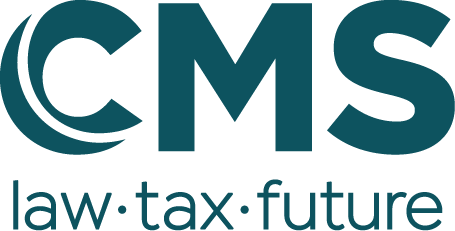Sally Clark: SMEs to feel impact of Economic Crime legislation

Sally Clark
Sally Clark discusses how the reformed corporate liability rule within the Economic Crime and Corporate Transparency Act 2023 now makes businesses of all sizes strictly liable for a wide range of economic crimes committed by their senior managers.
The Economic Crime and Corporate Transparency Act 2023 is back in the spotlight with the introduction of the failure to prevent fraud offence, which went live at the beginning of the month.
A key but less high-profile aspect of the Act which has already come into effect is the reform of the corporate liability rule, also known as the ‘attribution principle’ or the ‘identification doctrine.’ This new legislation means that businesses and organisations can now be held strictly liable for so-called economic crimes committed by their senior managers.
While the newly introduced failure to prevent fraud offence is reserved for larger organisations, the corporate liability rule applies to companies of all size including SMEs which account for the vast majority of Scottish businesses.
Unlike the failure to prevent fraud offence, a crime can be committed under the new corporate liability rules regardless of whether or not it benefits the company where it was perpetrated. It also covers a broader range of economic crimes, including money laundering offences, fraudulent evasion of VAT and customs duty, bribery offences, and breach of sanctions.
Under the terms of the new corporate liability law, if a senior manager within a company or organisation commits an offence, their employer could be prosecuted on a strict liability basis for that employee’s actions. While previously the company in question might have faced a failure to prevent bribery charge, it could instead be prosecuted under the new rules, meaning it is now is deprived of an adequate procedures defence.
This extension to corporate criminal liability has major implications to all companies, including small businesses, as the actions of their senior managers could potentially land them in the dock.
Senior managers, adopting the same definition as in the 2007 Corporate Manslaughter and Corporate Homicide Act, include anyone who plays a significant role in the making of decisions about the running or organising of the whole or a substantial part of a company or organisation’s business. This includes individuals in the direct chain of management and those in more strategic or regulatory compliance roles, irrespective of their title, remuneration, qualifications or employment status. It is not limited to those who perform an executive function or serve as board members.
The new corporate liability law and its potentially far-reaching impact across businesses and organisations of all sizes should be a key focus for company directors. A proactive approach is essential in mitigating the potentially disastrous consequences of a criminal action carried out by a senior employee.
A mitigation strategy could include widening out compliance training across a company or organisation’s management team with a strong focus on the new legislative reality that corporate liability is not an alternative to individual liability.
It’s also important that senior managers are made fully aware of the implications of breaching the new corporate liability law with the prospect of dismissal, fines, imprisonment and director disqualifications and how this can impact future employability.
The introduction of a broader compliance programme has never been more important for SMEs. The UK Government offers ‘failure to prevent’ guidance which can serves as a good starting point in reducing the prospect of risk.
The implications of the Economic Crime and Corporate Transparency Act represent a real threat to SMEs and they come amid wider plans extend corporate liability to all crimes committed by senior managers.
While it may be impossible to prevent rogue individuals from carrying out criminal acts, it is vital that companies take pre-emptive actions to best manage the increased risks associated with such actions. This is especially important as we face an evolving regime and an increasing burden on companies and organisations in terms of corporate criminal liability.

Sally Clark is an of counsel and dispute resolution specialist at law firm CMS






